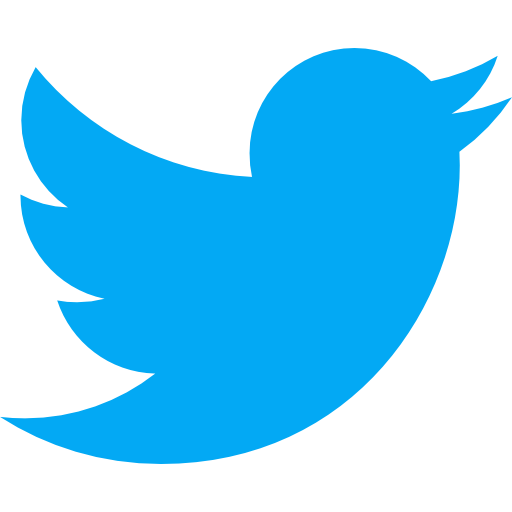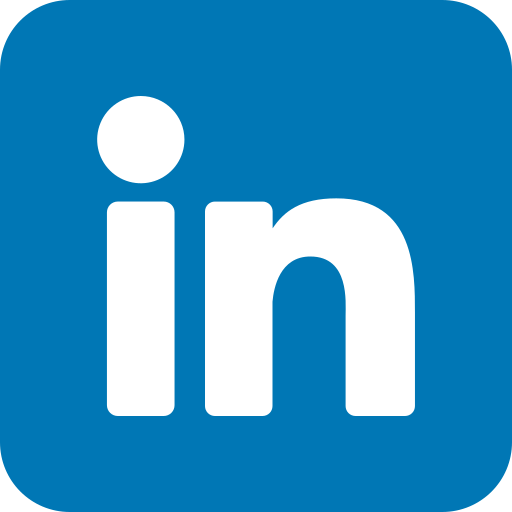Website

What is a website?
Definition:
A website is a collection of publicly accessible, interlinked Web pages that share a single domain name on the world wide web.
Analogy:
A website is like a house.
The key web pages are the main rooms of the house, like the bedrooms, bathrooms, and kitchen.
Additionally, think of key assets on the page, like text, pictures, video, and more, as the furniture and appliances that populate the room and help the room achieve its purpose. The bedroom's purpose is to be a place where the resident sleeps, and the bed is a key feature that helps the room achieve its purpose.
In other words:
A website is a collection of many web pages sharing a single domain name, which are digital files written using HTML(HyperText Markup Language).
Why is a website important?
It's one thing to know what a term means, but that is worthless if you don't know why you should know what a website is in the first place. Let's break down the importance of this tech term based on two high level categories. We'll walk through an explanation as well as provide a score, 1-10, that shows you how much you should care about a website.
Pre-Product: 10/10
The first will be if you do not have a product yet. This means that you don't have a physical product. Maybe you're in the ideation phase, or maybe you're almost ready to start development. Whichever it is, we'll get into why a website is important and why you should or shouldn't care about it if you do not have a product.
This is a term that you NEED to know before launching a product because you absolutely need a website before you go live. A website is your homepage, it is where people can find you and information about you. If you aren't familiar with what a website is, stop everything you're doing and learn this term.
Live Product: 10/10
The second category is if you do have a live product. Maybe you just launched your business or maybe it's been live for years and you're continuing to improve its quality. Regardless of the scenario, if your product is live, a website carries a different weight.
This is a term that you NEED to know after launching a product as well because you still need a website when you are live. A website is your homepage, it is where people can find you and information about you. If you aren't familiar with what a website is, or have a product but not a website, stop everything you're doing and go put together a website.
Examples of a website
So you know what a website is, by definition. You know if you should care about it or not depending on your situation as a business/company/product. To dig in deeper, we will walk through some examples so we can make sure you really have a solid grasp on websites. You can build websites using many different methods, whether it be a no-code tool like Wix, Wordpress website, or custom code built by a developer.
Three types of websites:
We'll walk through a few different types of websites out there on the world wide web, starting with informational websites, then looking at promotional or business websites, and finishing up with personal websites. Keep in mind, there are tons of different use-cases for websites, we're only outlining three here.
When looking at the three examples below, we'll also outline if the website example is a dynamic website or a static website.
Dynamic Website
A dynamic website is one that you can click through, meaning that the page will dynamically update as you navigate through the website. A dynamic website can often times be confused with a web app. A dynamic website differs from a web app (web application) in that it doesn't retain information entered by the user. A dynamic website is something you navigate but it is a one-way street: a dynamic website will show you information through searching or clicking links rather than saving preferences and having deeper user interactions.
Static Website
A static website is going to be your simple landing page. It is static because there is nothing to interact with. As a user, there isn't anything to click or anywhere to search, it is simple a single webpage on the world wide web, powered by html documents to display static information.
1. Informational website
Popular Website: Wikipedia, Dynamic Website
An informational website is one that is used to display information. A common use-case is educational content. This can be a blog or a glossary (Startup Glossary is an informational site!). We'll look at one of those most popular websites on the internet: Wikipedia. Wikipedia is a free online encyclopedia, providing you information on pretty much anything you'd need to know. The power of Wikipedia's website is that it gives users a place to access all of this insightful information. All you need to do is access their single domain name and your can start learning!
2. Promotional or business website
Popular Website: Airbnb Landing Page, Dynamic Website
Let's use Airbnb as an example of a business website. In order to use Airbnb's service, you first need to access their website. Their website is going to be the home in which users can navigate to in order to learn about their services as well as access their services. Without a landing page, users would have a tough time knowing where to go in order to use Airbnb's services, whether as a renter or a rentee.
3. Personal website
Popular Website: Medium, Dynamic Website
A personal website is one to showcase anything you want, about yourself. Ben Horowitz, prominent VC Partner of Andreesen Horowitz, is a notorious blogger and source of information. He leverages Medium to publish his personal content. This is a place where you can go to read articles he writes, learning from his insights and expertise. This website provides a place for users to follow along the thought leadership of Ben Horowitz.
You'll notice that all of these popular websites are dynamic websites. The reason is because a static website doesn't offer much information given it is a single web page.
Common Static Websites Examples:
- A personal resume
- An information bulletin
- 404 pages
There isn't anything too interesting when it comes to a static website, so if you are going to build a website, be sure that you look towards building a dynamic website.
Key Takeaways:
- A website is a collection of many web pages, which are digital files written using HTML(HyperText Markup Language) hosted on the world wide web.
- If you do or don't have a product, you need to have a website so users know where to go in order to learn more about you or use your services.
- There are tons of different use-cases for websites as well as no-code tools you can use to build a website if you aren't technical yourself.

